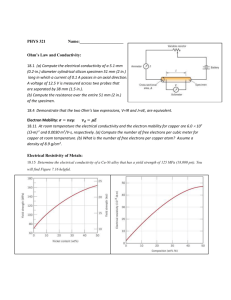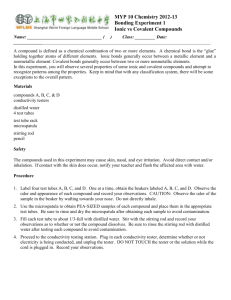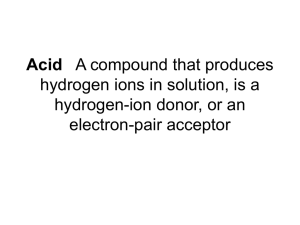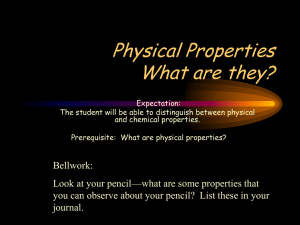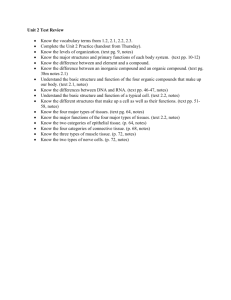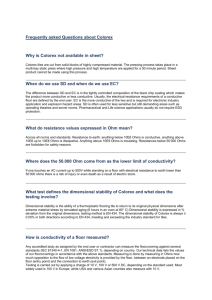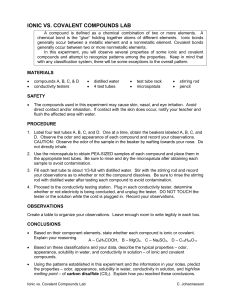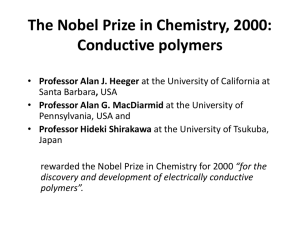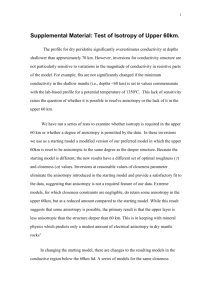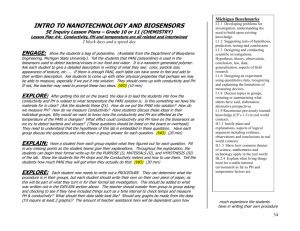World premiere at Fakuma: Metal
advertisement
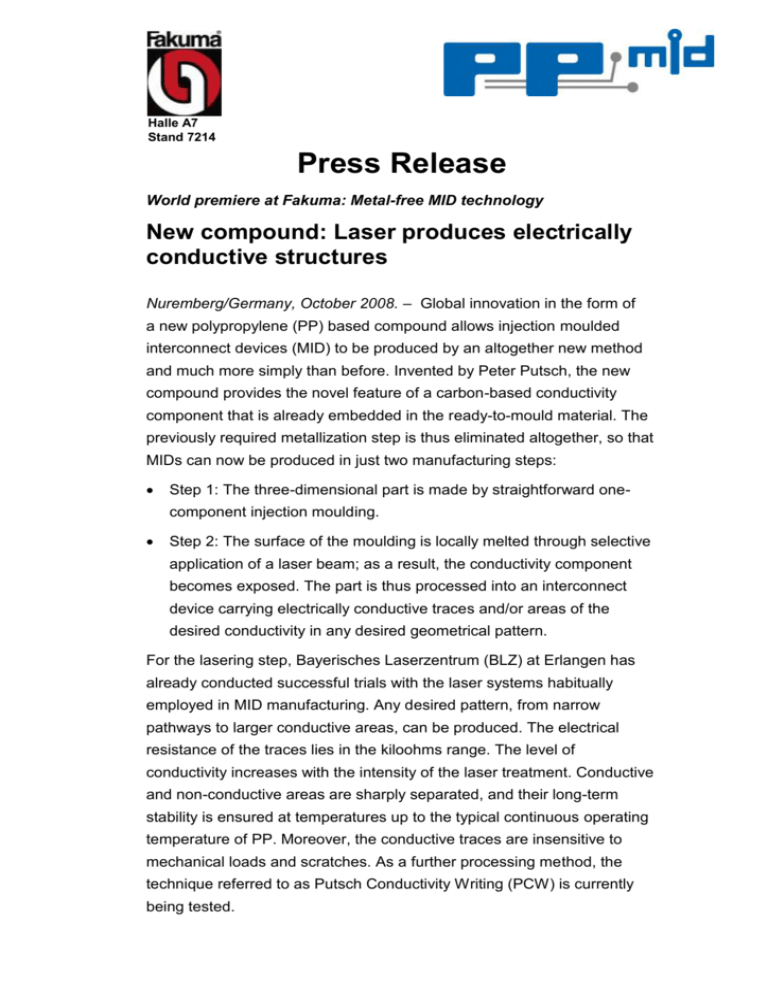
Halle A7 Stand 7214 Press Release World premiere at Fakuma: Metal-free MID technology New compound: Laser produces electrically conductive structures Nuremberg/Germany, October 2008. – Global innovation in the form of a new polypropylene (PP) based compound allows injection moulded interconnect devices (MID) to be produced by an altogether new method and much more simply than before. Invented by Peter Putsch, the new compound provides the novel feature of a carbon-based conductivity component that is already embedded in the ready-to-mould material. The previously required metallization step is thus eliminated altogether, so that MIDs can now be produced in just two manufacturing steps: Step 1: The three-dimensional part is made by straightforward onecomponent injection moulding. Step 2: The surface of the moulding is locally melted through selective application of a laser beam; as a result, the conductivity component becomes exposed. The part is thus processed into an interconnect device carrying electrically conductive traces and/or areas of the desired conductivity in any desired geometrical pattern. For the lasering step, Bayerisches Laserzentrum (BLZ) at Erlangen has already conducted successful trials with the laser systems habitually employed in MID manufacturing. Any desired pattern, from narrow pathways to larger conductive areas, can be produced. The electrical resistance of the traces lies in the kiloohms range. The level of conductivity increases with the intensity of the laser treatment. Conductive and non-conductive areas are sharply separated, and their long-term stability is ensured at temperatures up to the typical continuous operating temperature of PP. Moreover, the conductive traces are insensitive to mechanical loads and scratches. As a further processing method, the technique referred to as Putsch Conductivity Writing (PCW) is currently being tested. Page 2 of 2 the Press Release: „New compound: Laser produces electrically conductive structures“ At this year's Fakuma, Peter Putsch presents the new PP compound and a range of sample MIDs made from this material at the booth of the Polykum e.V. promotion cooperative in Hall A4, stand 7214. For the purposes of further development and marketing of this metal-free MID technology he has founded the pp-mid research enterprise based in Rathsberg/Germany. The company cooperates closely with BLZ and with the University of Erlangen-Nuremberg on a number of joint projects aimed at process development and conductivity research. In addition, prospective customers can order pre-fabricated specimen boards and granular feedstock samples from pp-mid. MIDs made from the new PP compounds are particularly well suited for use in entertainment and communication electronics, e.g., membrane keyboards and switches with low electric power ratings, but also for equipotential bonding and screening applications. Apart from injection moulding grades, development now extends to film manufacturing compounds and enhanced conductivity formulas with the aim of substituting metals, e.g., in making printed circuit boards and integrated circuits. Further information: Peter Putsch, pp-mid Höhenweg 6, D-91080 Rathsberg/Germany Phone: +49(0) 91 31/97 71 41, Fax: +49(0) 91 31/97 85 14 E-mail: peter.putsch@pp-mid.de Internet: http://www.pp-mid.de Editorial contact and voucher copies: Dr. Diether Burkhardt, KONSENS Public Relations GmbH & Co. KG, Hans-Kudlich-Straße 25, D-64823 Groß-Umstadt / Germany Phone +49(0) 60 78/93 63-0, Fax: +49(0) 60 78/93 63-20 E-mail: mail@konsens.de An innovative PP compound is the key to a metal-free MID technology allowing moulded interconnect devices to be produced in only two manufacturing steps. Illustration: pp-mid, Rathsberg/Germany
